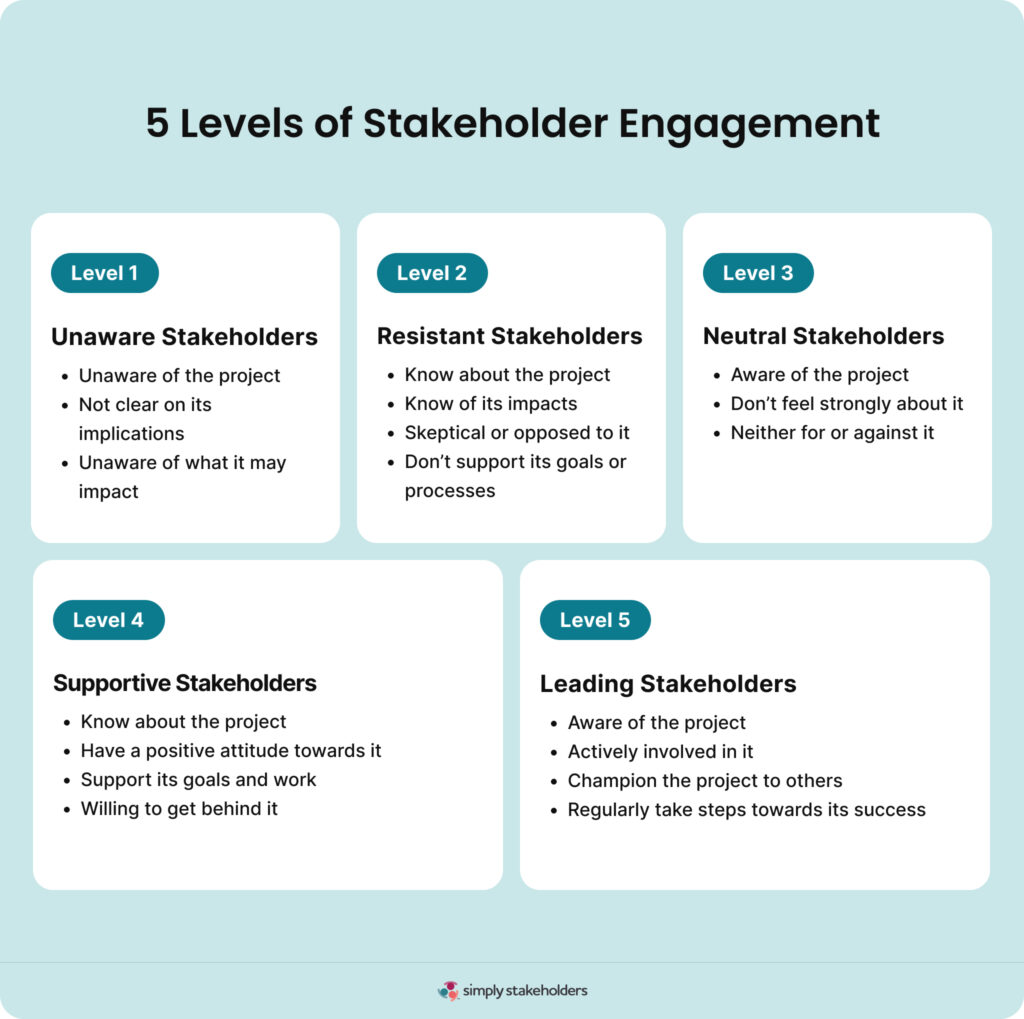
Department workplaces ordered closed down until Thursday
Agencies cut workers using lump-sum payments, early retirement

Thursday is due date to submit strategies for massive layoffs
(Adds brand-new government report on inappropriate payments, paragraphs 12-14)

By Timothy Gardner, Tim Reid, Alexandra Alper and Marisa Taylor
WASHINGTON, March 11 (Reuters) - The U.S. of Education said on Tuesday it would lay off nearly half its personnel, a possible precursor to closing entirely, as federal government companies scrambled to fulfill President Donald Trump's due date to send prepare for a second round of mass layoffs.
The terminations are part of the department's "last objective," it stated in a press release, mentioning Trump's vow to eliminate the department, which supervises $1.6 trillion in college loans, enforces civil liberties laws in schools and provides federal funding for needy districts.
Asked on Fox News whether the firings would cause the department's dismantling, Secretary of Education Linda McMahon said "yes," including that doing so "was the president's required." The layoffs would leave the department with 2,183 workers, down from 4,133 when Trump took workplace in January.
Before revealing the layoffs, the company bought offices in the Washington location near staff from Tuesday night through Wednesday, according to an internal notification seen by Reuters. An Education Department spokesperson did not immediately react to questions about the nature of the security problems prompting the closures.
Similar closures worked as a precursor to shuttering the headquarters of the U.S. Agency for International Development, the humanitarian help agency, and the Consumer Financial Protection Bureau, which safeguards Americans against unethical loan providers.
The layoffs are the most recent step in Trump's sweeping effort to downsize the federal government, led by the world's wealthiest individual Elon Musk and his Department of Government Efficiency. DOGE has actually cut more than 100,000 jobs throughout the 2.3 million-member federal civilian bureaucracy, frozen most foreign help and canceled countless programs and agreements, despite dozens of claims challenging the legality of those moves.
DOGE's blunt-force method has actually annoyed several White House officials and Republican lawmakers, some of whom have actually faced upset constituents at town halls. Trump told department heads last week that they, not Musk, have the last word on staffing, his very first notable public relocate to restrain the Tesla CEO.
All U.S. government firms have been bought to come up with large-scale layoff plans by Thursday, establishing the next stage of Trump's cost-cutting project. Several agencies have actually provided workers payments to retire early to satisfy Trump's need.
Affected Education Department employees will be put on administrative leave beginning on March 21, the department stated.

The union representing more than 2,800 department workers said it would battle the "extreme cuts."
"What is clear from the past weeks of mass shootings, chaos, and unchecked unprofessionalism is that this program has no respect for the countless employees who have devoted their careers to serve their fellow Americans," stated Sheria Smith, president of the American Federation of Government Employees Local 252.
Trump and Musk have actually argued that the government is wasteful and bloated. DOGE claims it has saved $105 billion in cuts, however it has just publicly recorded a portion of those cost savings, and its accounting has actually been pestered by errors.
The federal government reported an estimated $162 billion in incorrect payments in fiscal year 2024, according to a U.S. Government Accountability Office annual report released on Tuesday. The huge bulk were overpayments, the report stated. Total federal outlays topped $6.75 trillion because , according to the Congressional Budget Office.
The total incorrect payments figure was down greatly from 2023's $236 billion, the GAO stated.
EARLY RETIREMENT OFFERS
Other companies have actually used lump-sum payments of up to $25,000 before tax to workers who consent to leave their jobs. Among these are the Office of Personnel Management, the Social Security Administration and the Department of Health and Human Services, including its Fda.
The buyout provides, integrated with another program that reduces eligibility requirements for early retirement, are being accepted as a lower-friction way to assist fulfill the Thursday due date, personnels professionals at numerous federal firms informed Reuters.
The Trump administration has been coming to grips with myriad suits after it fired thousands of probationary employees in a very first wave of mass layoffs and essentially took apart whole departments like USAID and CFPB.
The General Services Administration, which manages the government's residential or commercial property portfolio, is likewise looking for approval to offer the buyout payments to workers, according to an email sent out by its acting head to personnel on Monday and seen by Reuters. The GSA could not be reached for remark outside of U.S. company hours. The Securities and Exchange Commission has actually already offered bonuses of as much as $50,000, Reuters reported.
Personnels and public governance experts stated the appeal of the buyout program is that it is voluntary and less vulnerable to legal challenges. It likewise needs workers who have accepted the offer to repay the cash if they take another government task within 5 years.
Only a couple of companies have actually telegraphed how numerous staff members they plan to cut in the second phase of layoffs. These consist of the Department of Veterans Affairs, which is intending to cut more than 80,000 employees, and the National Oceanic and Atmospheric Administration, which is planning to cut 1,029 personnel.
OPM itself has used lump-sum payments to some 650 of its staff members, according to another individual with knowledge of the matter. Employees were offered until March 12 to respond.
On Monday, the HR department of the Fda sent an e-mail to all 19,000 workers revealing a Friday, March 14, due date for a buyout program. Those who accept would need to retire by April 19.
Late on Monday, HHS sweetened its prior deal by including two months of full pay in addition to the reward, according to a copy of the e-mail seen by Reuters. HHS might not be grabbed remark outside of typical U.S. organization hours. (Reporting by Timothy Gardner, Alexandra Alper, Tim Reid and Marisa Taylor, additional reporting by Nathan Layne and Kanishka Singh, composing by Nathan Layne and Joseph Ax; Editing by Scott Malone, David Gregorio and Muralikumar Anantharaman)
